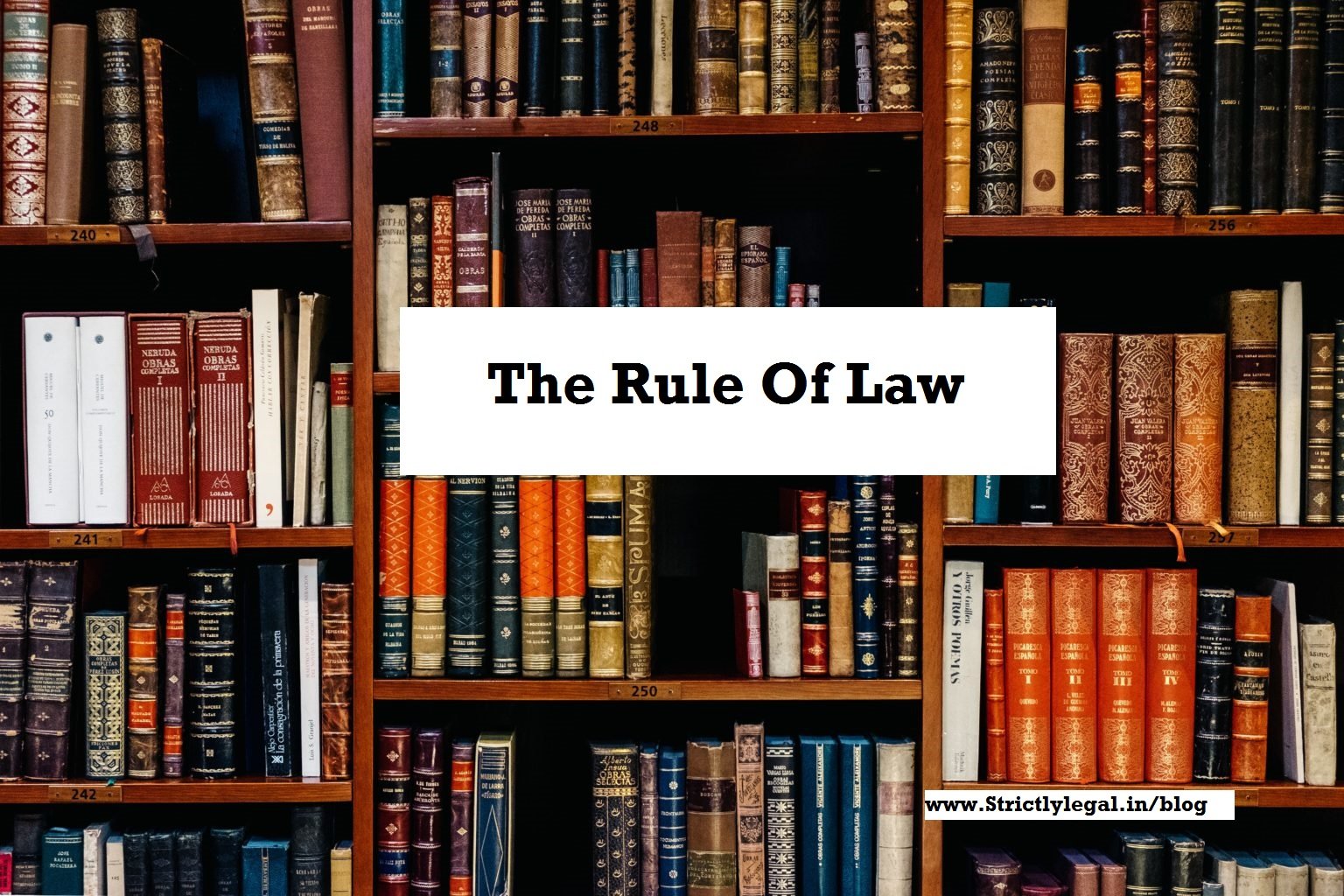The seven lamps of advocacy are honesty, courage, wit, industry, eloquence, judgement, and fellowship. They serve as a guiding principle for all lawyers, current and future to instill sound principles and ethical values in their profession enabling the justice system to function at its best.
The Seven Lamps of Advocacy were first described by Abbot Parry in his book “What are the Seven Lamps of Advocacy?” published in 1898 when he was elevated to Lord Chancellor of Great Britain during the rule of Queen Victoria. He resigned from this post after only one year due to disputes between him and the judiciary.
Abbot Powers was born on January 13th 1845 in London’s Kensington district into a well-to-do family. His father was the owner of a livery stable in London, and Abbot Powers took interest in horses. He also developed an interest in law, his favourite subject at University College School where he acquired his early education.
He started practicing law when he turned 21 years old after attending Lincoln’s Inn, one of the four authorized institutions to provide legal training and examinations for students who want to pursue a career as barristers or solicitors. He had an active practice but abstained from taking criminal cases probably because he did not like defending criminals and offenders accused of violent crimes such as murder or sexual offences.

Passionate about using the law to make a difference in people’s lives. An Advocate by profession.




